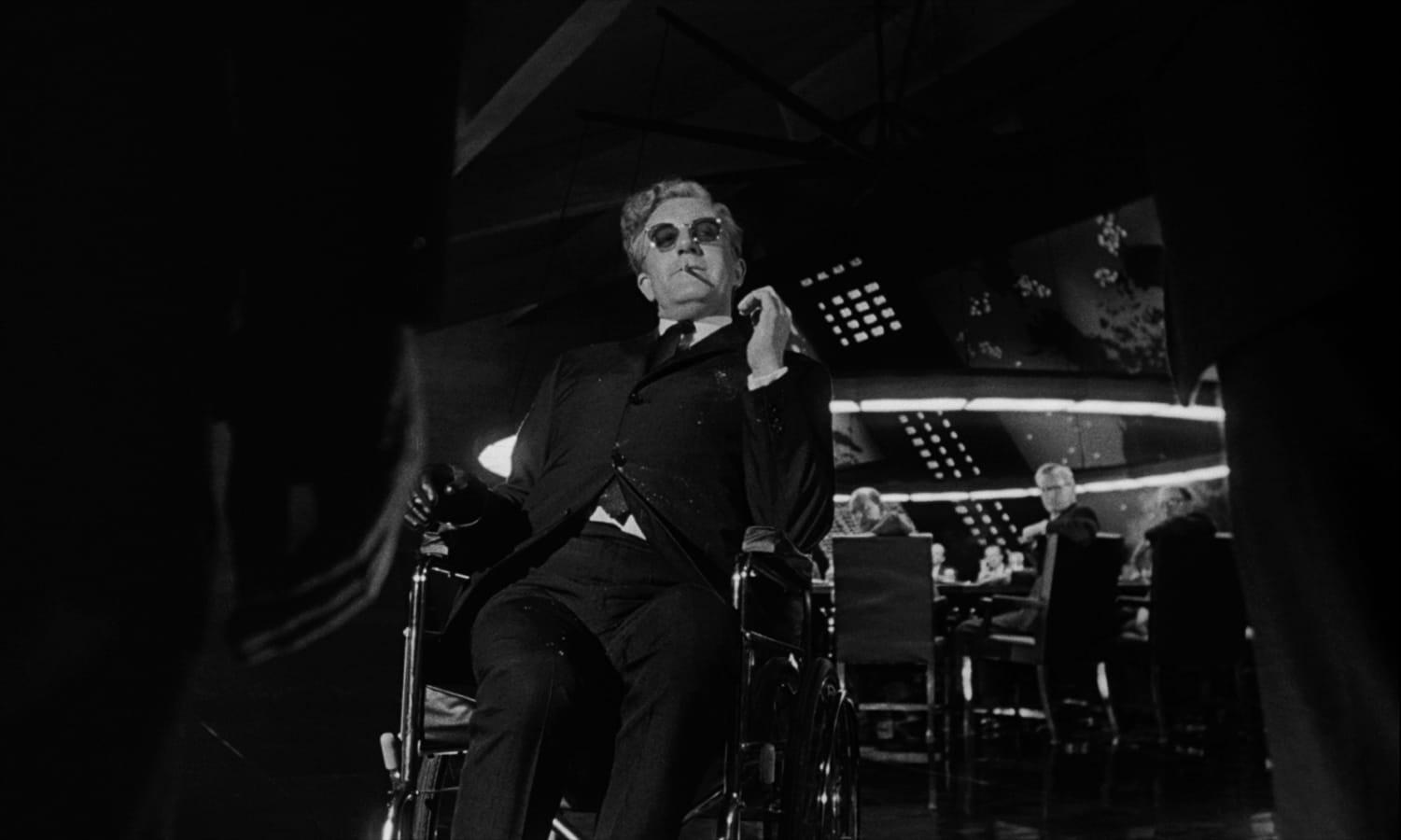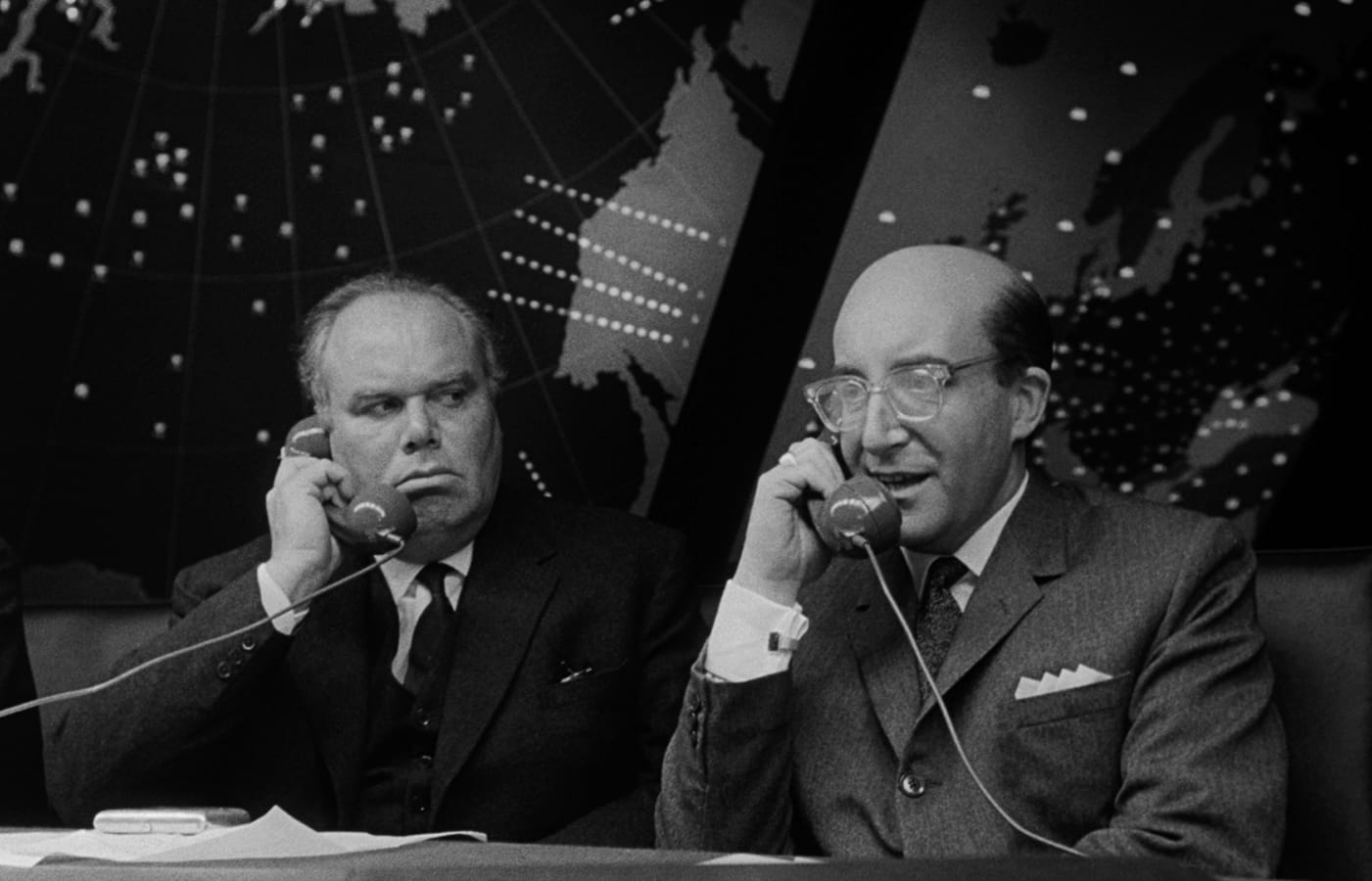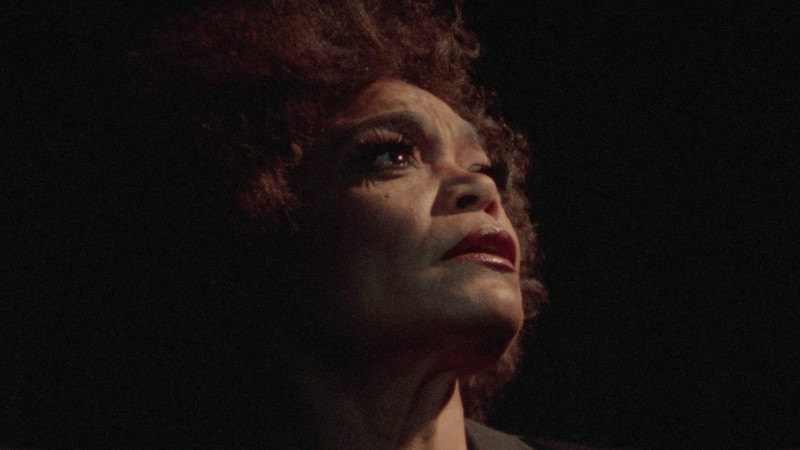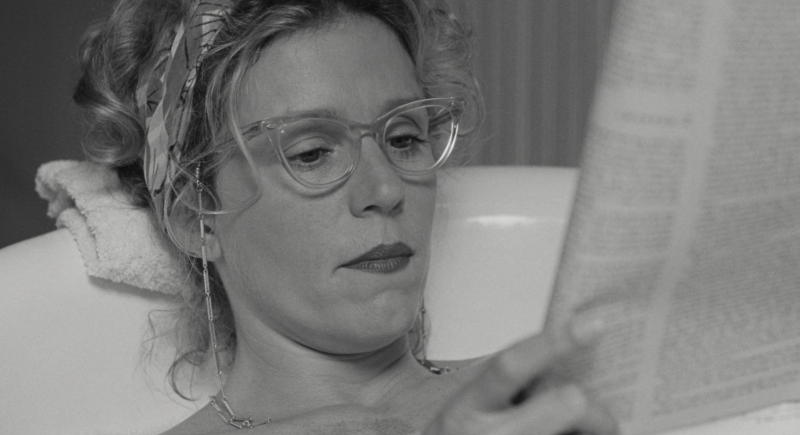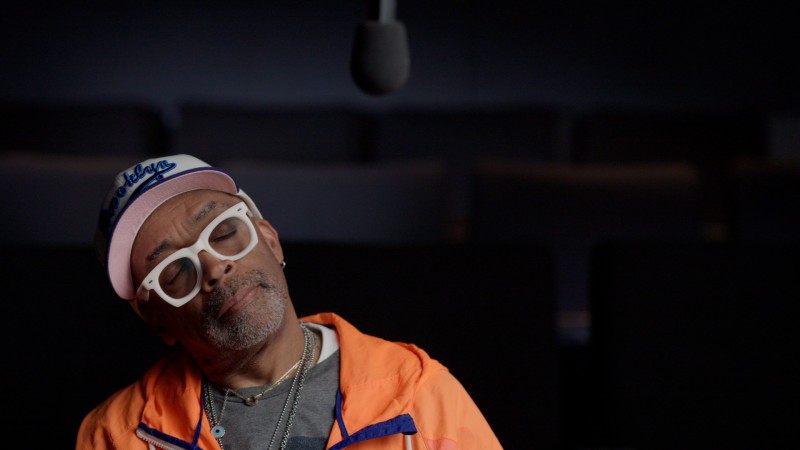When Actors Do Double Duty

As anyone who has spent time with actors knows, the profession engenders a fair amount of credulity. Superstitions, from the mundane (a charm cached away in the dressing room) to the baroque and seemingly pathological (the hysterical behavior we associate with “method actors”), are common. And they collect around actors, too: the tall tales of theater lore make up their own cottage industry; fans trade souvenirs from movie sets like relics. There’s a reason so many conversations with or about actors wander into the mist of clichés about energy, spirit, even soul. Acting is one of the few realms in which secular cynics unblushingly let in the supernatural.
Acting provokes a gothic anxiety: the terror of the double that mocks and haunts the original. The actor shows us that we could be copied, and also, more alarmingly, that we could be copies: that what we take to be our own feelings and actions could be predetermined and pre-given, belonging to another. After all, the double is never just a duplicate but always a potential usurper. This is the threat implied in the figuration of the actor as a ghost, an enduring association across many cultures, from Hamlet to the ghost plays of Noh.
The medium of film adds another layer to the actor’s hauntings: when we watch film, we watch the dead image of the actor bring to life the nonliving character. And when an actor plays a number of different roles in the same film, it enhances this uncanniness. Such films are always, to some extent, about acting. The sight of the double forces us to abandon the suspension of disbelief we’re used to extending to stars, whose personae always precede and exceed their characters. Like Freud’s concept of the uncanny—that which reflects ourselves back to ourselves in distorted, monstrous form—the performance refracts and reflects its own processes, exposing the actor in all his phantasmal glory.
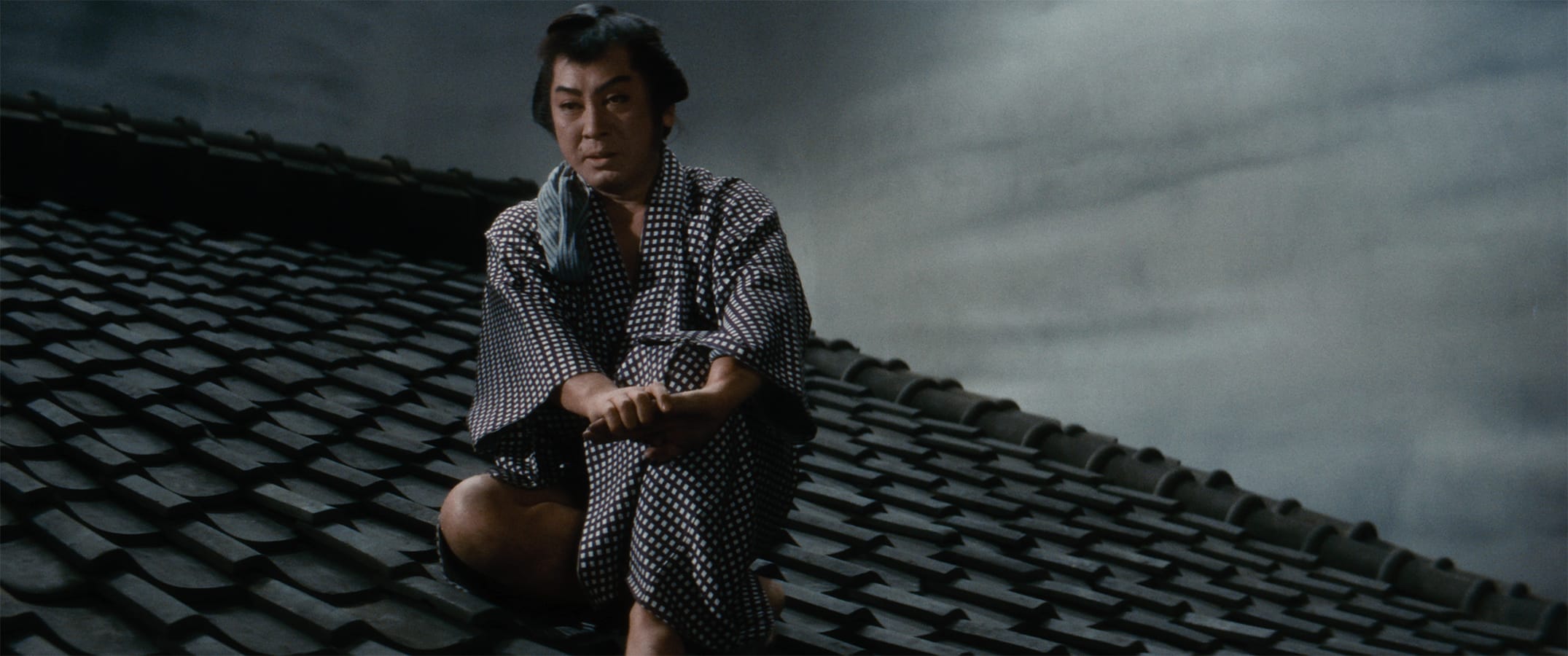
An Actor’s Revenge
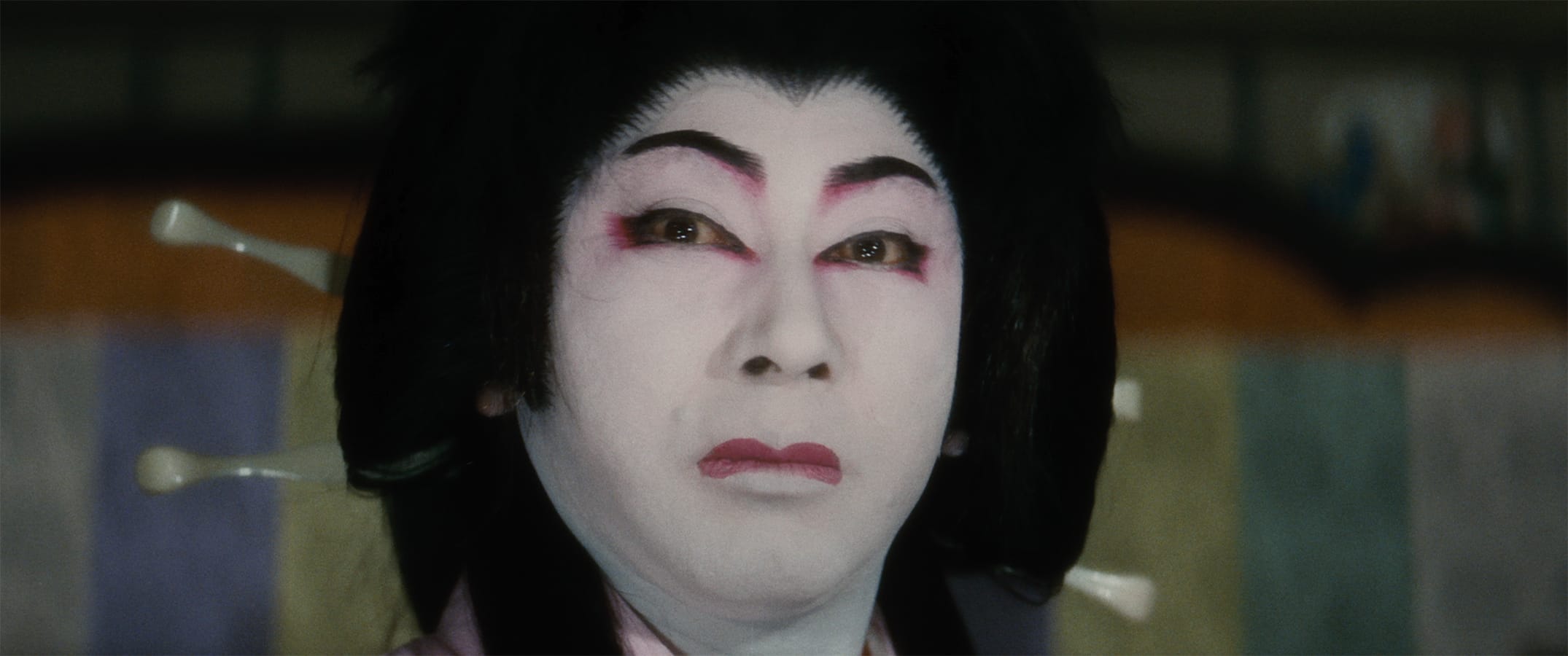
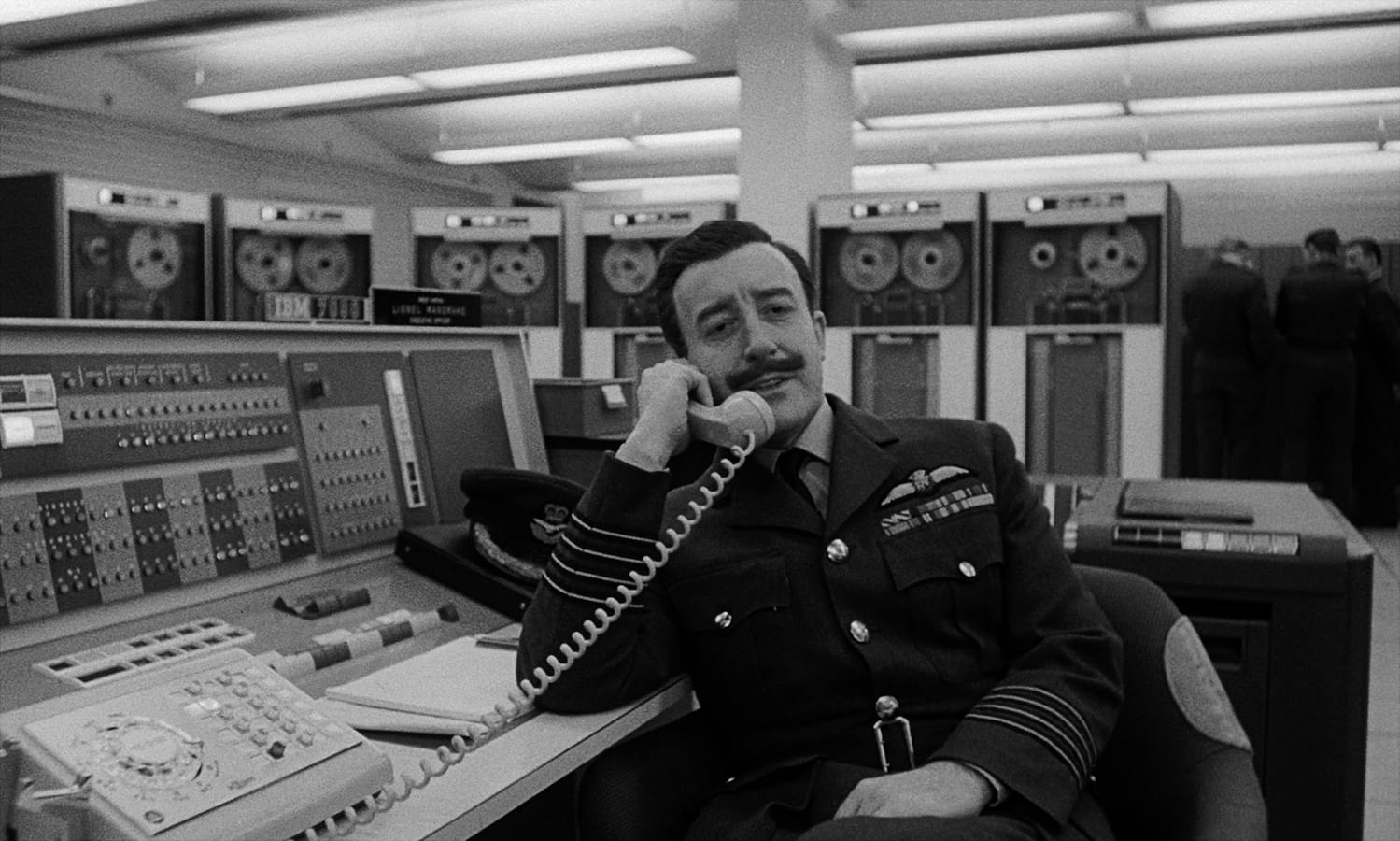
Dr. Strangelove, or: How I Learned to Stop Worrying and Love the Bomb
